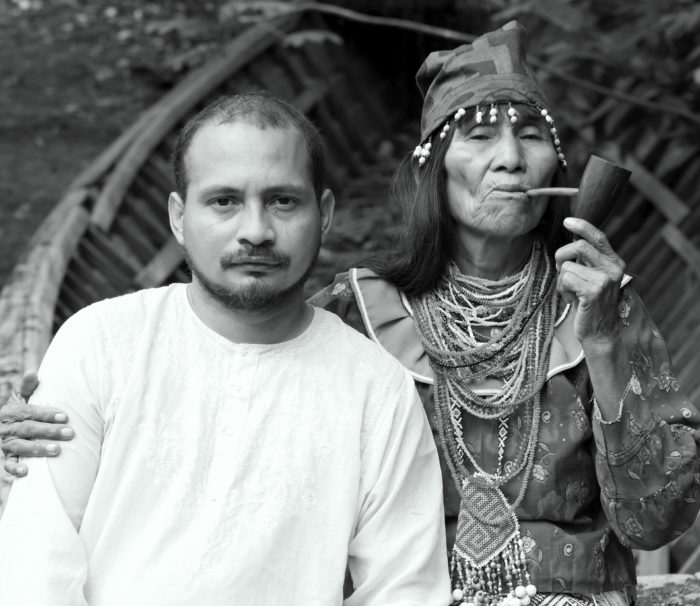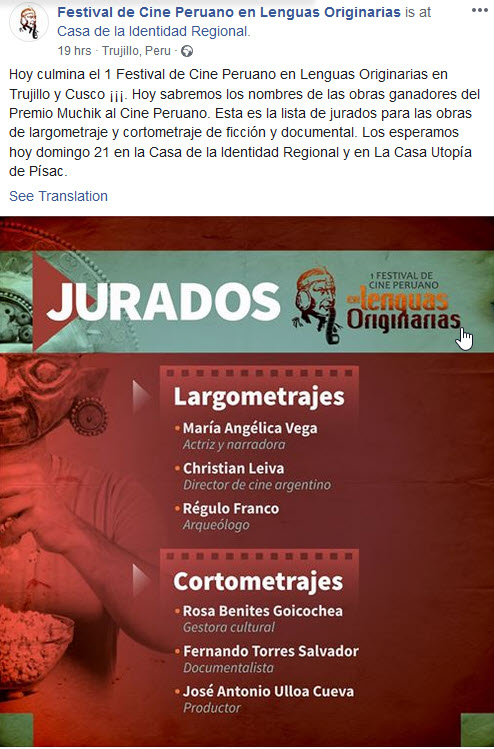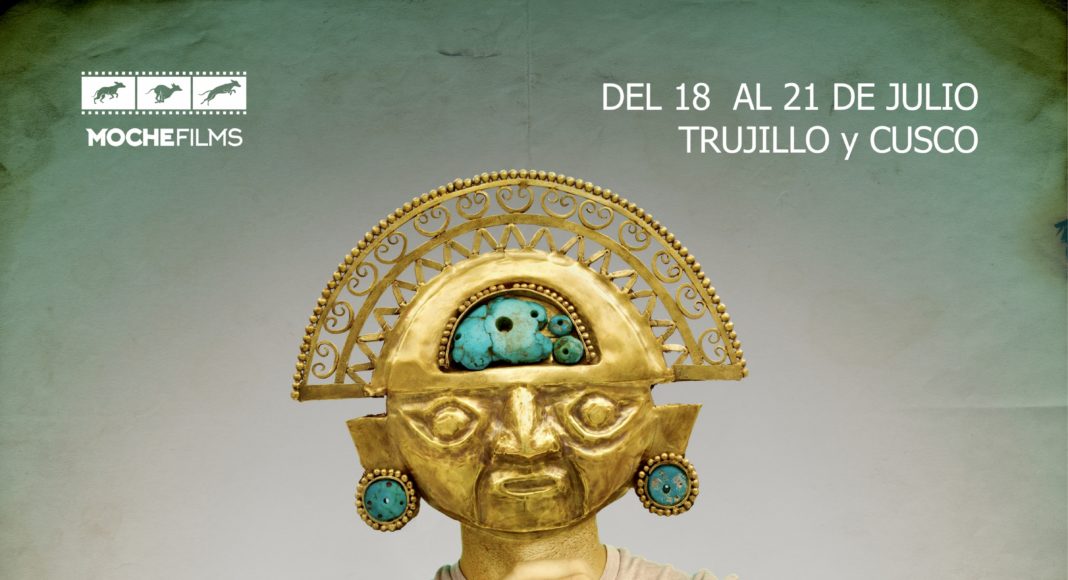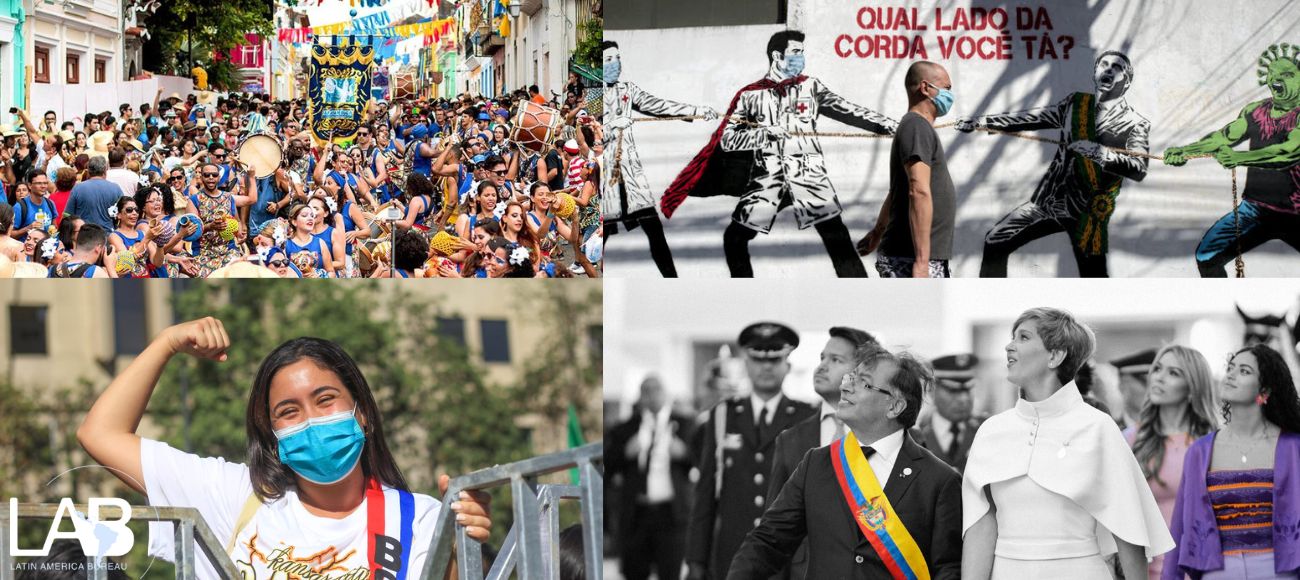The festival took place in Trujillo and Cusco from 18-21 July 2019. It followed on from the success of ‘Winaypacha’ (Eternity), the first Peruvian film entirely shot in Aymara language, opening up possibilities for indigenous filmmakers and their stories to reach an international audience. In recent years many Peruvian films were produced in native languages, but there was no space or festival that showcased them. The festival aimed to change that.
Before the Festival began, Karoline Pelikan, Director of Pelikan Pictures, interviewed its artistic director, Roger Neyra.
KP: What was your motivation to create this festival?
RN: We saw the need to diffuse and promote our linguistic diversity and got inspired to create the 1st Festival of Peruvian Cinema in Native Languages… Our festival proposes a symbolic search for reconciliation through the diffusion of cinematographic works in native languages. It’s going to be a visual journey towards the Amazonian and Andean communities, often treated as second class citizens, which until now haven’t been much part of our ethnic and cultural diversity. Just think about it: When a language disappears, its culture, customs and ancestral wisdom goes as well. We want to keep these cultures alive through the promotion of films.

KP: Can you tell us a little more about the details of the festival and its programming: How many films are shown, what kind of films are they, what original languages will be heard?
RN: We will present short films and feature films in all genres – documentary, fiction and animation, all made in native languages. We have received more than 40 Peruvian films in native languages! Unfortunately we won’t be able to show them all, so it was a tough decision to pick the final 16 films for the program. Among the languages we will hear are Quechua, Uro, Aymara, Shipibo-Conibo, Aguaruna and Awajun. All the screenings will be free and playing simultaneously in the cities of Trujillo and Cusco.

Apart from the film screenings, one of the festival’s objectives is to engage our audience in filmmaking as well. There will be workshops in colorization for film and television, amateur acting, storytelling and a free documentary session in native languages for boys and girls from Cusco and Trujillo.
KP: Why Trujillo and Cusco and not Lima?
RN: The festival originates in Trujillo, despite the fact that our language Muchik is almost extinct. But it is in the process of revitalization, as is the Quechua language in Cusco. We are tired of hearing only the voices of Lima filmmakers – we want to focus on the cinematographic voices of the provinces of Peru. We intend to decentralize cultural activities, promoting the use and knowledge of cinema as a tool for social inclusion and the consolidation of peace among all Peruvians.
The response in Trujillo and Cusco has been great. We have the support of important partners like the Casa de la Identidad Regional en La Libertad that will be our main venue in the city of Trujillo, and in Cusco we are collaborating with the community film school La Casa Utopia.
KP: What is the need for a festival of native languages within Peru?
RN: We believe that our festival is necessary in the current context, where the social conflicts of our country are still dealing with the lack of identity and historical memory. The diffusion and preservation of our cinema made in native languages depends on us. We are a very rich country, 47 native languages are spoken in our territory and many of them are in danger of disappearing. This festival will help strengthen our national identity, so that we Peruvians can look at ourselves and feel proud of our languages, our cultures and our people. The United Nations declared 2019 as the International Year of Indigenous Languages – so let’s celebrate!
KP: What opportunities do you see for indigenous filmmakers?
RN: This festival promotes the creation of a new generation of indigenous filmmakers who finally can tell their stories in their mother tongues. After our first festival edition, the winning films will be exhibited in various regions of Peru and there is much interest in exhibiting the winning films internationally. Just recently, Cine Latino in London screened Winaypacha in its UK première at King’s College London. Partners like Cine Latino are important for us as they provide international exposure to important stories.
KP: How difficult was it to obtain funds for the festival? How do you see it developing in future?
RN: It is never easy to obtain funds, and is even harder for a niche cultural activity. So far, this first edition of the festival is being produced with own funds of my production companies Moche Films and Piedra Azul Producciones and with the collaboration of other production companies like Pelikan Pictures and institutions like Casa de la Identidad Regional en La Libertad and similiar venues in Cusco. Step by step, we are collaborating with national and international organisations, so that the festival will grow over time and be sustainable in the future. The most difficult thing is to get started.
KP: How do you intend to reach the indigenous public so that they are encouraged to visit the festival?
RN: One of the venues of the festival is located in the city of Pisac, in the Sacred Valley of the Incas, where several indigenous communities live. All films that we will show in Cusco will generally be in the Quechua language.
KP: You yourself are a filmmaker. Your work focuses mostly on indigenous issues. Why?
RN: For more than eighteen years I have travelled to the most remote areas of Peru. I have always been fascinated by the knowledge of our ancestors. My works show the forgotten Peruvians like Quechua, Aymara, Amazonian and Mochica. Native people around the world possess and treasure vast knowledge that has allowed the formation of some of the most admirable civilizations on earth. They are the ones talking about the destructive effects of climate change.. .and we don’t listen! Their stories are simply compelling and now they will finally get heard.
Róger Neyra was born in Trujillo, Peru. He studied film in Peru, Argentina and Colombia and worked for 7 years as director and editor of the cultural magazine Sumas Voces, with which he represented Peru at international Latin American book fairs. In 2008, he started his film production company Piedra Azul Productions where he wrote and directed six short films documentaries and two fiction short films that have won several national and international awards and have been exhibited in more than 60 international festivals. Currently, he is in the development of the documentary feature Nora de Izcue: Mother of the Peruvian Cinema, which was the winner of the National Peruvian Contest in film project development 2017. At the same time, Róger is digitizing the cinematographic work of the first award-winning Peruvian female filmmaker Nora de Izcue after winning funding from the Peruvian Ministry of Culture in 2018.
Karoline Pelikan is a German-Peruvian documentary filmmaker and founder of Cine Latino in London. This exciting event series offers a deeper understanding of the vibrant Latin American film industry and showcases some of the creative filmmakers working at the moment. As a filmmaker in a predominantly male-dominated industry, her work focuses on important social issues such as equal opportunities in education, violence against women and LGBTQ+ rights. In order to empower more women in the creative industry, Karoline founded the project “EmpoderArte”, a series of documentary film workshops for women from marginalised backgrounds. Her company Pelikan Pictures distributes the work of young emerging filmmakers and supports initiatives like community cinemas and the 1st Festival of Peruvian Cinema in Native Languages.


